Investing in the right restaurant management software can greatly improve your business’s efficiency and overall effectiveness. Of course, to find the best solutions for your restaurant, you need to understand the different types of software on the market and how they work. This article will explore various restaurant management solutions, their benefits, their main features, and more, allowing you to make more informed decisions.
Table of Contents:
- What is Restaurant Management?
- What is Restaurant Management Software?
- The Benefits of Restaurant Management Software
- 10 Main Types of Restaurant Management Software?
- 1. Point-of-Sale Systems
- 2. Order Management Software
- 3. Restaurant Reservation & Table Management Software
- 4. Food Costing Software
- 5. Employee Management Software
- 6. Financial & Accounting Software
- 7. CRM Software
- 8. Marketing & Loyalty Management Software
- 9. Delivery Management Software
- 10. Chatbots for Restaurants
- Restaurant Management Software and Key Restaurant Technology Trends
- Hospitality Management and Restaurant Management Software
What is Restaurant Management?
Before exploring restaurant management software, it is important to understand restaurant management as a discipline. Essentially, restaurant management is the practice of managing a business in the restaurant industry, and this means overseeing all of the essential day-to-day operations and helping the business to achieve its objectives while looking out for the restaurant’s strategic and financial interests, both in the short term and in the longer term.
Restaurant managers must juggle many responsibilities, including the management of employees, inventory, restaurant finances, the business’s reputation, marketing activities, customer service, and more.
What is Restaurant Management Software?
With an understanding of what restaurant management is, it becomes significantly easier to understand what restaurant management software is all about. Software of this kind is designed to assist restaurant managers with the various tasks they need to carry out, often by making them easier, more efficient, or more accurate.
Restaurant management software may focus on a specific part of the role, such as customer relationship management (CRM) software, which focuses on the customer service component, or employee management software, which focuses on workforce management. Alternatively, some restaurant management software combines several key focus areas into a more comprehensive solution, allowing managers to carry out many different tasks from one place.
The Benefits of Restaurant Management Software
While different restaurant management software packages are designed to solve different problems, some broad benefits can be attributed to software of this kind, such as those outlined below:
Improve Time and Resource Efficiency
One of the biggest potential benefits associated with the use of restaurant management software is its ability to enhance efficiency. The automation component of many software solutions means repetitive or predictable tasks can be carried out without needing you to intervene personally, while calculations are instantaneous.
At the same time, freeing up time can help companies to make better use of their workforce, and software can also be used to optimize the use of ingredients, equipment, and other business resources. This is significant because if companies in the restaurant industry can reduce or eliminate waste, they stand to make more money.
Reduce or Eradicate Human Error
A human error exists no matter how well-trained human employees are and how well they understand their job. An employee could incorrectly calculate, input the wrong number into a system, overlook an important part of an equation, or make a typing error.
Using restaurant management software, human error can be greatly reduced or eradicated. The software performs calculations, giving accurate answers every time, data can be shared between applications, resulting in data consistency, and other restaurant processes can be fully automated so they are never accidentally overlooked.
Increase Revenue and Profit
The various accuracy and efficiency benefits associated with restaurant management software can also help managers improve revenue and profit. Automation can reduce workforce demands, meaning staff do not need to work overtime, and restaurants may even be able to operate with a smaller workforce.
Data accuracy means managers and other senior figures can make more evidence-based decisions at the ideal moment to optimize financial results. For instance, new supplies can be ordered at just the right time, while shifts in demand can be identified, allowing the restaurant to respond swiftly.
10 Main Types of Restaurant Management Software?
Restaurant management software plays a crucial role within restaurants and similar businesses within the hospitality industry. While comprehensive, all-in-one solutions exist, different types of restaurant management software focus on different aspects of restaurant management. The main examples are explored below:
1. Point-of-Sale Systems
Point-of-sale systems, or POS systems, are used to process customer payments. However, their uses extend further, as restaurant POS systems can help managers to track sales, manage inventory, and identify key trends, such as which food items are most popular. These systems can also be synchronized with a business’s financial data.
Read the “POS Systems: Overview and Importance in the Hospitality Industry” article for a more comprehensive exploration of point-of-sale systems, their uses, and their overall value for restaurants and similar businesses.
2. Order Management Software
Order management software allows restaurants to stay on top of all the orders placed, regardless of whether they come from customers in the restaurant or via online channels. Additionally, the software allows information to be accumulated from all online channels, including the restaurant website and third-party platforms.
In most cases, order management software and similar examples of restaurant management software will provide a dashboard where key information about orders can be seen. This information may include the table the order came from, the home address for a takeaway order, the order’s current status, and the order’s price.
3. Restaurant Reservation & Table Management Software
One of the most important restaurant management software solutions to invest in is a good restaurant reservation and table management package. This software can power a booking engine that allows reservations via the restaurant website or a dedicated mobile app.
Crucially, the software will track reservations in real-time, so that customers can only book when spaces are available. At the same time, the software can be used by restaurant managers and others to see how many reservations have been made, and in popular restaurants, it can also be used to manage waiting lists.
4. Food Costing Software
The primary purpose of food costing software is, as the name indicates, to assist restaurants with the management of food costs. This includes tracking the prices from suppliers and alerting you to any changes. Costs can be estimated in advance so that restaurants have a good idea of how much they can expect to spend.
However, the true value of this restaurant management software becomes apparent when restaurants also use it to track waste and the associated costs. Moreover, new, proposed, and existing recipes can be fully costed, and this information can then be used to inform a restaurant’s pricing strategy and ensure all meals are profitable.
5. Employee Management Software
Managing the workforce is one of the most important responsibilities for any manager, so it stands to reason that employee management software ranks among the most valuable restaurant management software solutions.
This software can allow managers to create work schedules while providing employees a convenient way to check their shifts and request changes. Holidays and sick days can usually be tracked, payroll features may be included too, and restaurant managers can use the software to track availability and ensure the restaurant is well staffed.
Video: Benefits of a Manager Log System
6. Financial & Accounting Software
Managing company finances is another critical component of restaurant management, making financial and accounting software a useful piece of restaurant technology. With this software, it becomes significantly easier to manage and track financial information, including revenue, expenditure, and profits.
Aside from allowing managers to track financial information in this way, these software solutions also enable the continuous tracking of overall financial performance. Trends can be identified quickly, action can be taken at the ideal time, and important documents can also be stored, allowing for easy access in the future.
7. CRM Software
Customer relationship management (CRM) software is designed to assist businesses in managing their relationships with customers, potential customers, and business partners. To do this, it is important that communications between customers and your business can be stored and easily accessed.
When this is possible, restaurant managers and customer service staff can read previous messages from customers before responding to them, and this can be especially important when multiple staff members are required to resolve a problem. Furthermore, CRM software can store customer communication preferences and contact details. Solutions focused on the restaurant industry will also save past customer food orders.
8. Marketing & Loyalty Management Software
Another category of restaurant management software that can benefit restaurants is marketing and loyalty management software. Marketing is one of the main ways businesses attract new customers, increase brand awareness, and remain at the forefront of the minds of existing customers.
Through marketing software, restaurants can manage their various search engine optimization, pay-per-click, email marketing, content marketing, and social media marketing campaigns from a single place. The loyalty management component allows restaurants to reward frequent customers and build lasting relationships.
9. Delivery Management Software
For restaurants that offer a delivery service, delivery management software may be one of the most useful restaurant management software solutions of all. Delivery management software allows restaurants to collect all delivery information in a single location, even if orders are placed via third-party platforms.
This means restaurant managers and employees will not need to switch between multiple applications to manage delivery requests. Instead, a dashboard can be used to oversee all delivery orders, check their current status, view what was ordered, and resolve any issues.
10. Chatbots for Restaurants
A final example of restaurant management software is chatbots to handle various restaurant functions. These automated, AI-powered chatbots can be used to take reservations or online orders for food, answer any questions that customers may have, and handle other aspects of online customer service on a 24/7 basis.
Read the “Restaurant Chatbots: What They Are, Their Use and Benefits” article for a more detailed examination of the use of chatbot technology within the restaurant and hospitality industry.
Restaurant Management Software and Key Restaurant Technology Trends
While it is essential for restaurants to keep up with the latest developments regarding restaurant management software, it is also vital to stay up-to-date with the latest technology trends in general, from virtual reality and QR codes to contactless payments and restaurant chatbots.
Check out our “Latest Restaurant Technology Trends You Need to Know About” article if you are interested in further exploring restaurant technology trends or understanding the benefits of adopting this technology.
Hospitality Management and Restaurant Management Software
Restaurant management and the use of restaurant management software should also be understood within the wider context of the hospitality industry, as restaurant management careers can easily cross over to hotels, bars, cafes, and similar settings. This means taking the time to learn about hospitality management too.
Read “Hospitality Management: The Essentials About Hospitality” for an overview of what hospitality management is, the types of jobs that fall under the hospitality management umbrella, the main responsibilities, the necessary skills and job requirements, and the best channels to turn to and to find work in this area.
Restaurant management software is the name of the wide range of software solutions designed to assist with core managerial tasks. This includes packages focused on specific areas, such as CRM and employee management software, and more comprehensive, all-in-one solutions.
More Tips to Grow Your Business
Revfine.com is the leading knowledge platform for the hospitality and travel industry. Professionals use our insights, strategies, and actionable tips to get inspired, optimize revenue, innovate processes, and improve customer experience.Explore expert advice on management, marketing, revenue management, operations, software, and technology in our dedicated Hotel, Hospitality, and Travel & Tourism categories.
This article is written by:
Hi, I am Martijn Barten, founder of Revfine.com. With 20 years of experience in the hospitality industry, I specialize in optimizing revenue by combining revenue management with marketing strategies. I have successfully developed, implemented, and managed revenue management and marketing strategies for individual properties and multi-property portfolios.

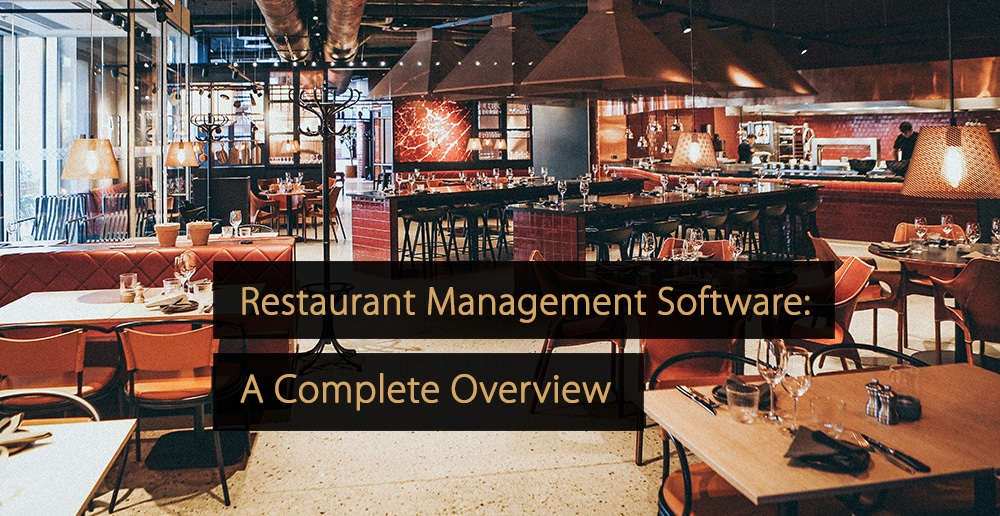

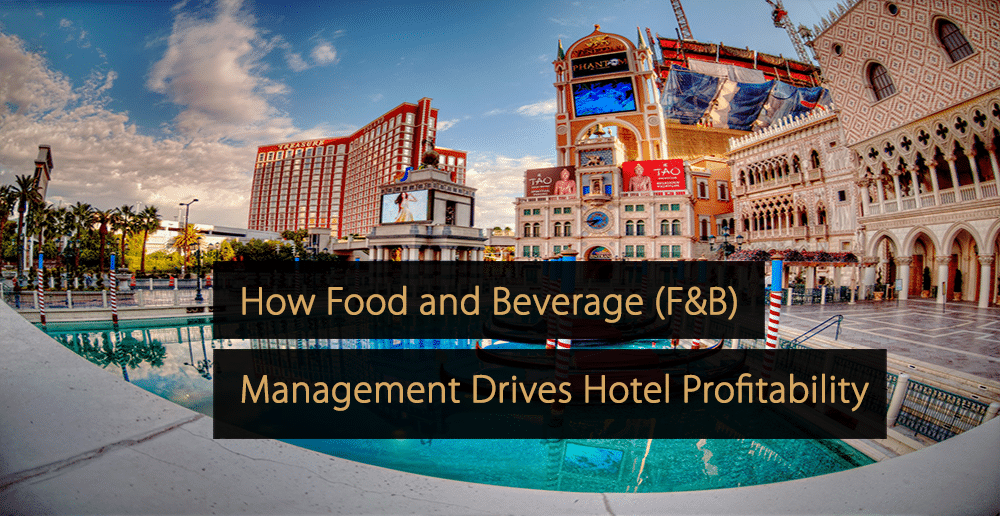
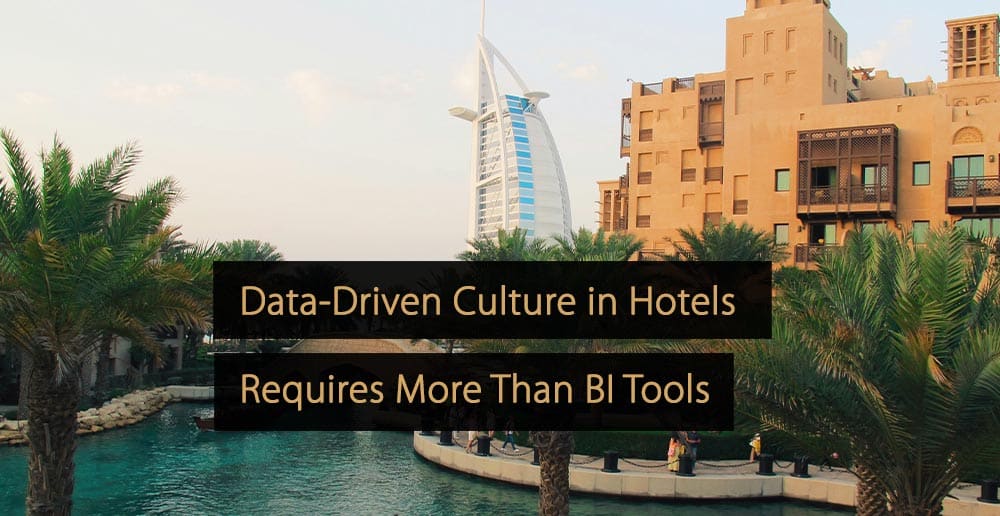
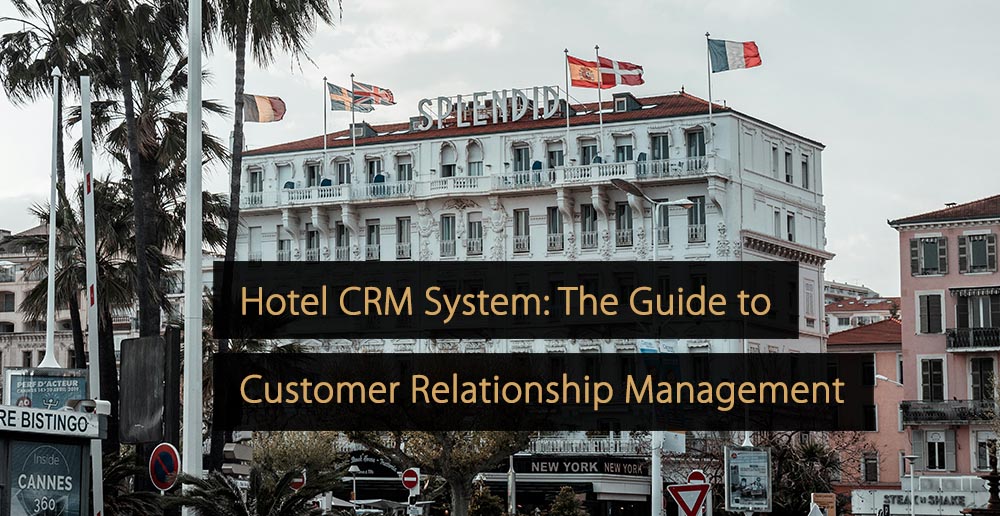


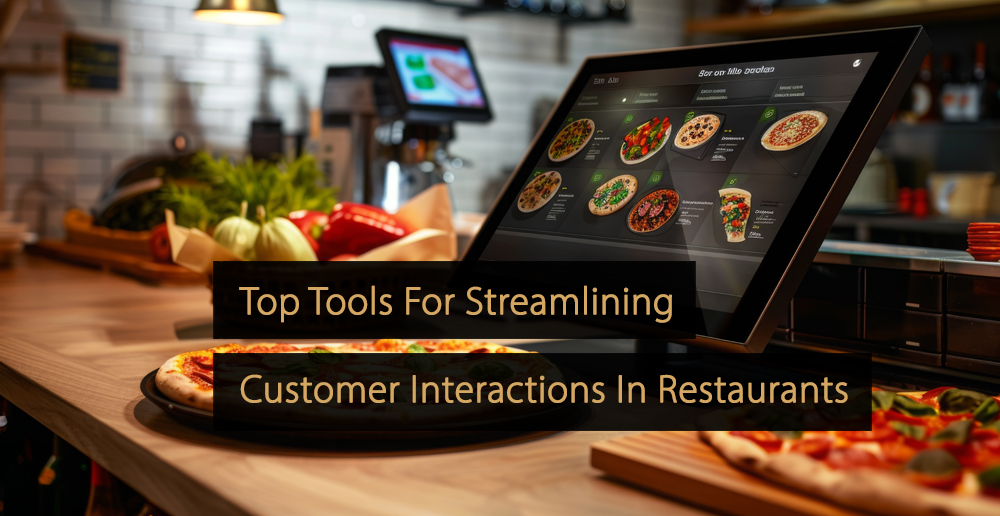
As a restaurant owner, I agree that restaurant management software is necessary for every restaurant nowadays. It helps organize the operation site and increases revenue.